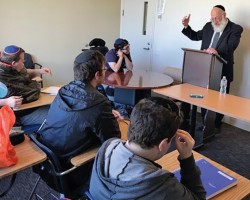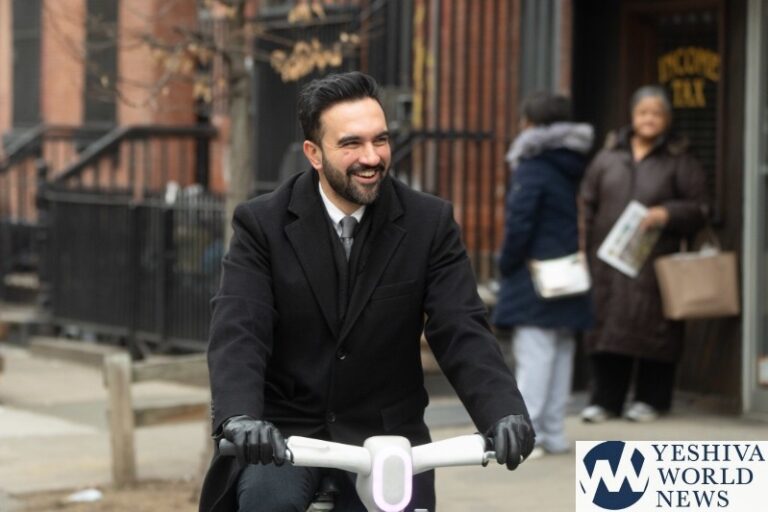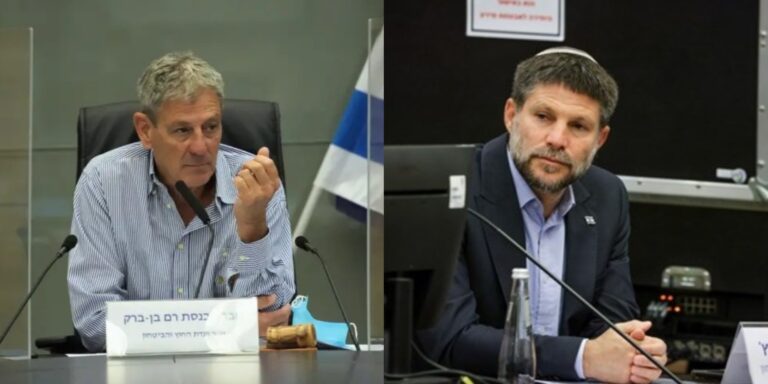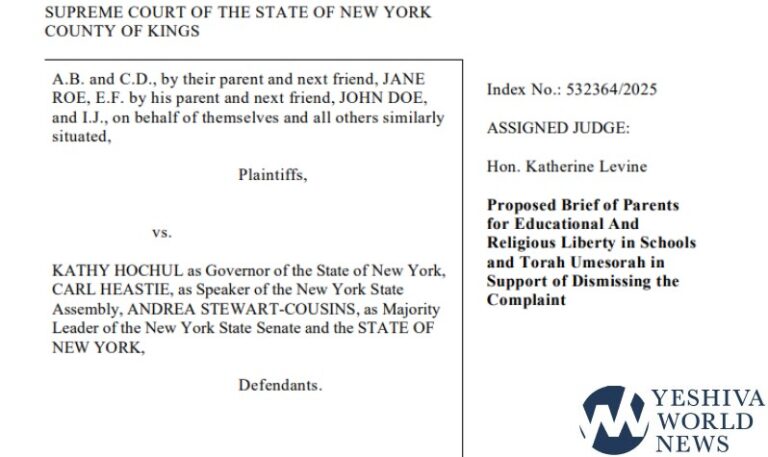Dr. Stephen Glicksman of Teaneck has served as director of clinical innovation at Makor Disability Services in Boro Park, formerly known as Women’s League Community Residences, for the past 25 years. This past year, he realized a long-time dream—the creation of a post-high school academic program for individuals with disabilities. With the blessing of the Novominsker Rebbe and the approbation of Rabbi Menachem Penner, dean of YU’s RIETS program, the Makor College Experience at Yeshiva University was inaugurated in September 2017. Now approaching the end of its first year, the program has been touted for its success by its directors, participants and parents.
Jacob Adler resides in Teaneck with parents Debbie and Hillel and three brothers. He is well known to the Congregation Rinat Yisrael community and has attended programs at Kushner Academy, TABC and Heichal Hatorah. He has participated in summer programs through Camp Simcha, Kids of Courage and Camp Moshava. What he has not been able to accomplish, because of his physical limitations, is attending a regular college program like his older brother, who is about to complete YU, or his two younger brothers, who will likely do the same. For Jacob, college seemed like a pipe dream. Until this year.
Jacob is one of the seven students in the initial class of the Makor College Expereince at YU. Of the other six students in the program, two have Down syndrome and four have autism spectrum disorder. Jacob has cerebral palsy. These seven students follow a full, comprehensive academic program, both in Judaic and secular studies, on a daily basis. Before and after their classes, as well as overnight in their near-campus housing (affectionately known as the “Makor House”), special staff assist the students with their intense schedules.
The morning schedule for the Makor students consists of Shacharit together with other YU minyanim, then breakfast, followed by studying alongside mainstream YU students in the Glueck Beit Midrash where they are studying Masechet Sukkah along with the entire yeshiva. With shiur, preparation and review times split into half-hour periods, they put in a solid yet developmentally appropriate morning of Gemara and other religious study.
After lunch on campus, they attend their secular courses, which are divided into three areas, including pre-vocational skills, life skills instruction and liberal arts. In their courses, they learn to evaluate their interests, explore career opportunities, develop skills and, most importantly, learn how to advocate for themselves. Classes such as music appreciation, public speaking, first-year writing, life skills, practical psychology and others all aim to prepare the students for well-rounded lives of independence as part of the community.
The Makor staff of three is totally committed to the goal of providing whatever is necessary for the functional growth of the students. Dr. Glicksman, who, in addition to his role at Makor, is a consultant for the School for Children with Hidden Intelligence (SCHI) in Lakewood and an adjunct professor of psychology at Yeshiva College and Ferkauf Graduate School, and has a private psychology practice in Teaneck, believes that the new program can open worlds of opportunity to its students that were not readily available to them previously. Together with Rabbi Uri Feintuch, MSW, who serves as the rebbe and educational coordinator for the program, and Daveed Mozeson, who instructs the students in many of their secular studies, Dr. Glicksman strives to meet the program’s goal: to supply the students with the self-confidence and skills needed to navigate the world of work and to advocate for themselves within that world.
The program, as initially envisioned, is a three-year, non-degree granting program, culminating in a Certificate of Completion. Upon graduation, the participants will have a professional resume including the work experiences they have completed within the program, as well as letters of recommendation. Towards the end of the second year of the program, students are expected to declare a major. Potential majors include office and business skills, retail and food services, communal work and human services. Through its supported employment program, Creative Business Resources, Makor Disabilities Services has decades of experience finding meaningful employment for people with disabilities, and this combination of resources is sure to help the Makor College Experience students as they continue their journey towards adulthood.
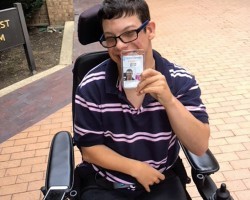
For the Adler family, Jacob’s opportunities through the Makor College Experience are invaluable. As his parents put it, “Despite his CP, Jacob is cognitively and socially intact. He very much wants to be like his peers despite his educational challenges. The Makor College Experience has allowed him to interact with his peers at mealtimes, during campus events and through chevruta learning, which makes him very happy. At the same time, the specially designed classes with their own classroom environments and instructors provides a secure environment and defined focus. We believe that the program really ‘got it’ and we are hopeful that it will help Jacob plan for the future utilizing his own special skills.”
For Dr. Glicksman, the Makor College Experience is “all about exploring the world. Through classroom learning and real-word interaction, the program is providing individuals with disabilities the same transitional experiences of typically developing students who are finding their way between adolescence and adulthood. It is our hope that the community will value this unique venture and lend us all the support it can in expanding and perpetuating the Makor College Experience.”
To learn more about the Makor College Experience, visit the Yeshiva University website and search for Makor College Experience. To learn more about Makor Disability Services or if you have specific questions about the Makor College Experience, contact Dr. Stephen Glicksman at 347-390-1315
or [email protected].
This article first appeared on the Jewish Link of New Jersey

